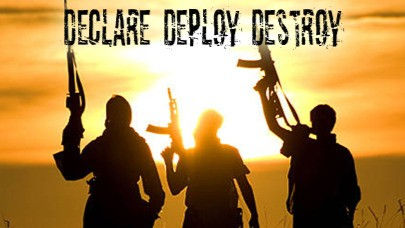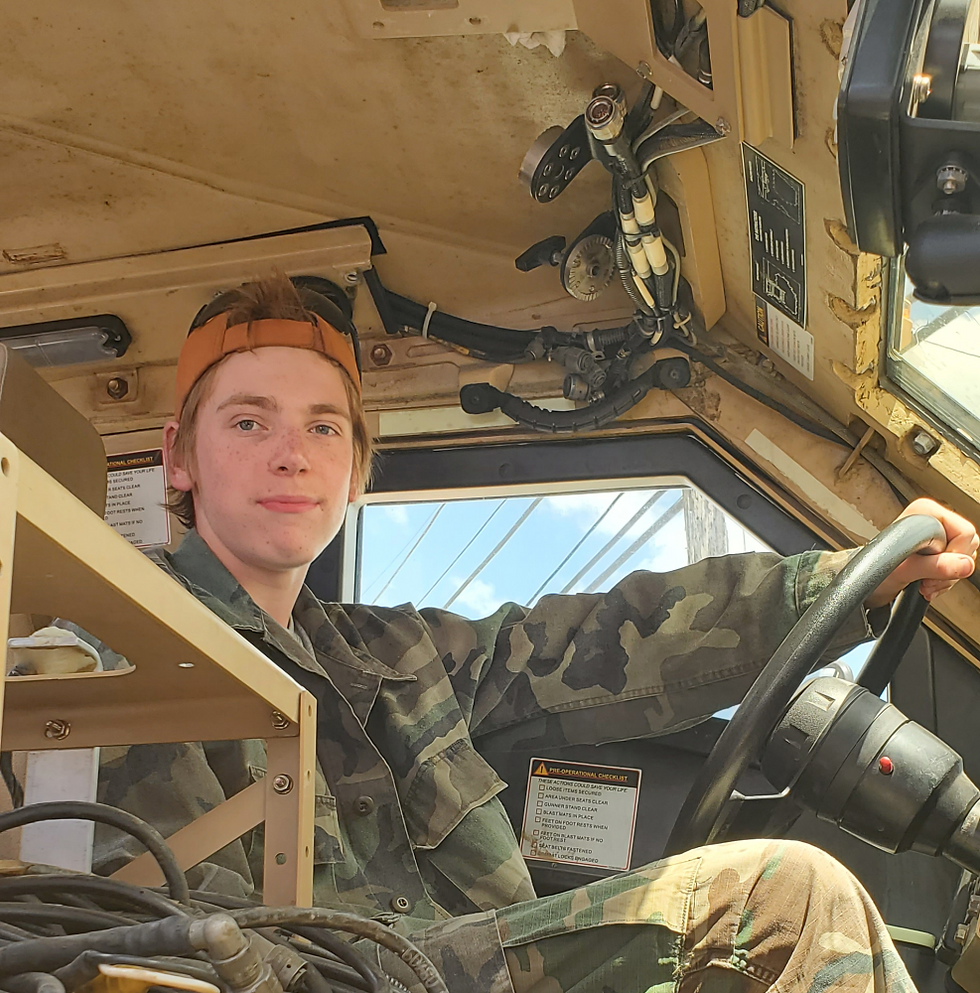We could have been great
- EG Weiss

- Nov 24, 2022
- 4 min read

This is an excerpt from my new book entitled WE COULD HAVE BEEN GREAT - America's failure to live up to its own hype. It has been difficult to not finger point as I write this book. We all failed miserably. Over the course of my career, the one subject that was constantly brought up was a pandemic, yet it was talk. And only talk. Then one day, it was at our doorstep and we barely remembered the conversations let alone our own history.
The COVID-19 pandemic, also known as the coronavirus pandemic, is still an ongoing global pandemic of coronovirus 2019 now referred to as COVID-19. The novel virus was first identified from an outbreak in Wuhan, China in December of 2019. Attempts to contain the virus failed and as quickly as the White House stated that it would not reach our shores, the virus traveled from Asia to every corner of the world. The World Health Organization (WHO) declared the outbreak a public health emergency on January 30, 2020 and a pandemic on March 11, 2020. As of Thanksgiving of 2022, we experienced over 640 million cases and 6.63 million confirmed making it one of the deadliest in history. But that is the problem isn’t it? This was just one of the deadliest in history which means we could have known more, done more, prepared more and perhaps saved more. In July of 2020 I delivered my son in our bedroom because hospitals were overrun and my wife had no confidence in the infectious disease protocols of large health care institutions mid-pandemic. I remember clearly that our internet was out and earlier that day my daughter had complained that we could not travel, there was no internet and we were having babies at home. “My God, Dad,” she complained. “It’s like we are living in 1918 all over again.”
She has no idea how right she was.
In the wake of 2020, we now live in a country lacking in trust and the ability to receive instruction. Our politicized pandemic has literally torn the fabric of our society from top to bottom leaving small remnants on the floor of a population that just 20 years earlier had the resolve to “never forget” its most horrific day.
Unfortunately, that resolution also fell by the wayside as we spent the good portion of a year huddled in our homes, learning to work remotely and becoming perhaps the most paranoid generation since the beginning of the cold war.
Despite the warnings and research that came out of dozens of agencies and organizations for just as many years, the pandemic arrived on our soil to find us unprepared, unwilling and arrogant. As the house caught on fire specialists struggled to explain the science of heat. As the building became engulfed there were efforts to teach fire prevention. As the building collapsed, final efforts were made to train the residents how to stop, drop and roll.
The result was a catastrophe that has now affected the way the public learns, acts, responds and prepares. It has deteriorated the unique social structure that made America different. It has destroyed business, created evil and greedy alliances and has caused many to simply ignore the need to be neighborly, friendly or compassionate.
Over the course of the next ten years, as it was with September 11, 2001, the world of emergency management will struggle to create new programming, new incentives, new marketing, new messages and new avenues to prevent such a catastrophe from ever happening again, but as I have said in my previous book, we are slow learners and it is too late. The lessons we have yet to learn should have been learned before 2020.
We are not facing just the need for new or different preparedness messages before the next pandemic; we are facing the need to figure out who we are trying to reach because the population changed and they are no longer the Americans we were hired to protect.
In the early years of the Federal Republic, Konrad Adenauer switched focus from the denazification of Germany to recovery. Adenauer led his country from the ruins of World War II to becoming a productive and prosperous nation that forged close relations with France, the United Kingdom and the United States before stating “History is the sum total of things that could have been avoided”.
Chancellor, that is one nail you hit directly on the head.
The great influenza pandemic from 1918-1920 raged in the aftermath of the 1914-1918 World War. The pandemic killed and incapacitated over 50 million people worldwide. In the United States over 600,000 people died.
Survivors of that period left us memoirs, novels, records and more so that we could learn, prevent and respond.
Unfortunately we chose just believe it would never happen again, or that it would at least only attack others. The song “The 1919 Influenza Blues” recorded by African-American singer Essie Jenkins circulated amongst blues singers in the early 1930’s and was in essence a protest song which documented the toll the flu took on the country and that viruses do not discriminate.
Men and women were dying
With the stuff that the doctor called the flu
People were dying everywhere
Death went creepin’ through the air
And the groans of the rich sure were sad
But it was God’s own mighty plan
He’s judging this old land
North and South, East and West can be seen
He killed rich and poor
And He’s gonna kill some more…
Down in Memphis Tennessee
The doctor said it soon would be
In a few days would be controlled
Doctor sure man he got had
Sent the doctors all home to bed
And the nurses all broke out with the same
We thought it was over before it started. We were assured that in a few days it would all be controlled.
1918.
2020.
The virus never went to bed.
On January 23, 2017, officials from the outgoing Obama administration met with incoming Trump administration officials to discuss challenges that would arise in the event of a pandemic.
The tabletop exercise was used to simulate a novel respiratory outbreak starting in China and arriving in the United States due to international travel.
During the briefing, Trump administration officials were told such a pandemic would likely lead to circumstances such as shortages of ventilators and that a coordinated national response would be “paramount”.
This was not the first time an administration had been briefed like this on this subject. So what happened?



Comments